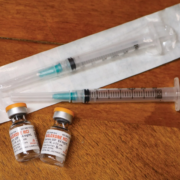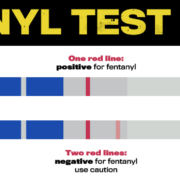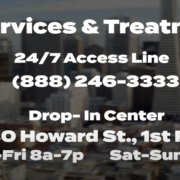HIV Worker Onboarding Series
Description:
Welcome to the Academy’s HIV worker onboarding series. This series will provide you with a baseline knowledge of essential information you need for your role as a HIV worker. You can use this series as an onboarding tool or refresher training. This training includes 8 hours of training material.
Learning Objectives:
- Acquire baseline knowledge of essential information needed by HIV workers.
- Develop baseline knowledge around understanding client needs and how to support clients compassionately.
- Increase knowledge of serving HIV clients.
- Learn best practices to prevent HIV.
Instructions:
- Complete the self-paced training series by clicking on the “enter” button for each course. After you complete each course, you will see the updated status on your learner dashboard. Make sure you have your cookies enabled on your computer in order to track your completion status.
- Once you have completed your onboarding or refresher training, go to your learner dashboard. In the completed courses section, enter a date range and click on “print transcript.”
- Save your transcript as a pdf and upload it to the Training Record Upload tab found at the bottom of this page. If you have already completed any of the following courses, you do not have to retake the training. Your completion should already be recorded on your transcript. Just make sure that the date range you choose include the dates when you have completed the course.
- On completion of the series and submission of transcript record, a course administrator will review your record. Once approved by the administrator, you will receive a certificate of knowledge in the role.










